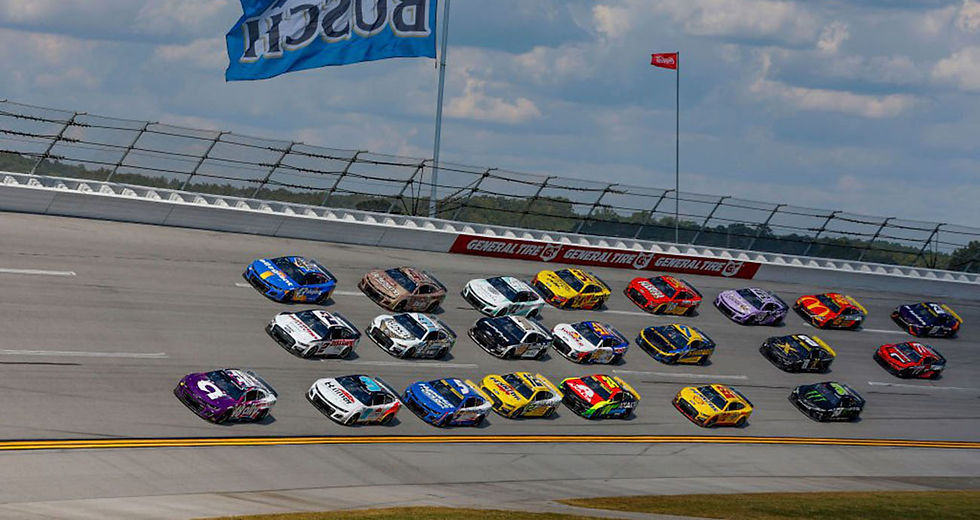Supreme Court Denies Review Of First Circuit Jockeys’ Case
- Landis Barber
- Jan 11, 2023
- 2 min read

On Monday, the Supreme Court of the United States denied a petition for writ of certiorari filed by a group of racetrack owners in Confederación Hípica de Puerto Rico, Inc. v. Confederación de Jinetes Puertorriqueños, Inc. Thus, the United States Court of Appeals for the First Circuit’s opinion remains in place, which found that jockeys can collectively bargain.
Background
Puerto Rico has one horse-racing track operated by Camarero Racetrack Corp. Jockeys are hired on a race-by-race basis and paid a minor $20 mount fee for each race, which is one-fifth of what jockeys receive in the mainland United States, and, if they finish within the top five, the possibility of sharing in the winnings.
After negotiations between Confederación Hípica de Puerto Rico, Inc. (“Hípica”), which represents the owners, and Confederación de Jinetes Puertorriqueños, Inc. (“Jinetes”), which represents the jockeys, over working conditions ultimately failed, the jockeys refused to race for three days between June 30-July 2, 2016.
Due to the cancellation of races between June 30 and July 2, Hípica and racetrack owner Camarero sued the jockeys and Jinetes, alleging that they engaged in a group boycott in violation of the Sherman Antitrust Act.
First Circuit’s Opinion
Judge Sandra L. Lynch found that the statutory labor-dispute exemption applied to the matter. Specifically, the exemption applies to “conduct arising (1) out of the actions of a labor organization and undertaken (2) during a labor dispute, (3) unilaterally, and (4) out of the self-interest of the labor organization.”
While acknowledging that the third and fourth conditions were not in dispute, Judge Lynch reasoned that the first two conditions were satisfied because Jinetes is a labor organization advocating for jockeys’ terms of employment and seeking higher wages and safer working conditions. Thus, the exemption applies.
Hípica appealed Judge Lynch’s opinion to the Supreme Court, citing different treatment among the appellate courts and asking the court to determine the following question:
“Whether the statutory labor exemption from the operation of the antitrust laws in 29 U.S.C. § 113, which exempts ‘labor dispute[s]’ that ‘concern[] terms or conditions of employment,’ encompasses concerted action by independent contractors that does not relate to an employer-employee relationship.”
Now, the Supreme Court has declined to review the question. The First Circuit’s opinion will stand, which required remanding the case to the district court for dismissal. Most importantly, the jockeys are able to collectively bargain.
Allowing the First Circuit’s opinion to stand is significant for figures in other sports. The PGA Tour operates in a similar manner, considering golfers as independent contractors. Thus, golfers could utilize the opinion to bargain for higher wages and better working conditions. Expect to see this opinion resurface in the future.
Landis Barber is an attorney at Safran Law Offices in Raleigh, North Carolina. You can connect with him via LinkedIn or via his blog offthecourtdocket.com. He can be reached on Twitter @Landisbarber.






